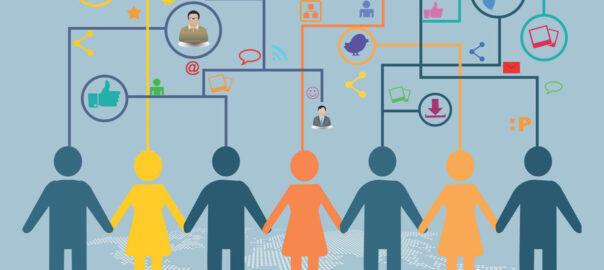
Connecting with Others
Our connection to others is key to our survival. It is foundational to all human societies, to the bands that survived the last Ice Age, to the civilizations, ideas and endeavors we’ve touched upon in this website, to the resolution of today’s problems and aspirations; and to the world we dream of for our future.

Our Capacity for Social Connection
Connecting with others, and the world around us, has been central to our survival. We evolved to go beyond the individual and transcend the “self”. This universal capacity makes us human and is responsible for our success on the planet.

Influence: Why We Are Vulnerable to Persuasion
Masters of influence know how to manipulate the cues that trigger our decision-making reflexes we evolved as a species. Understanding how we make decisions, and how easily we can be influenced, can give us greater agency.
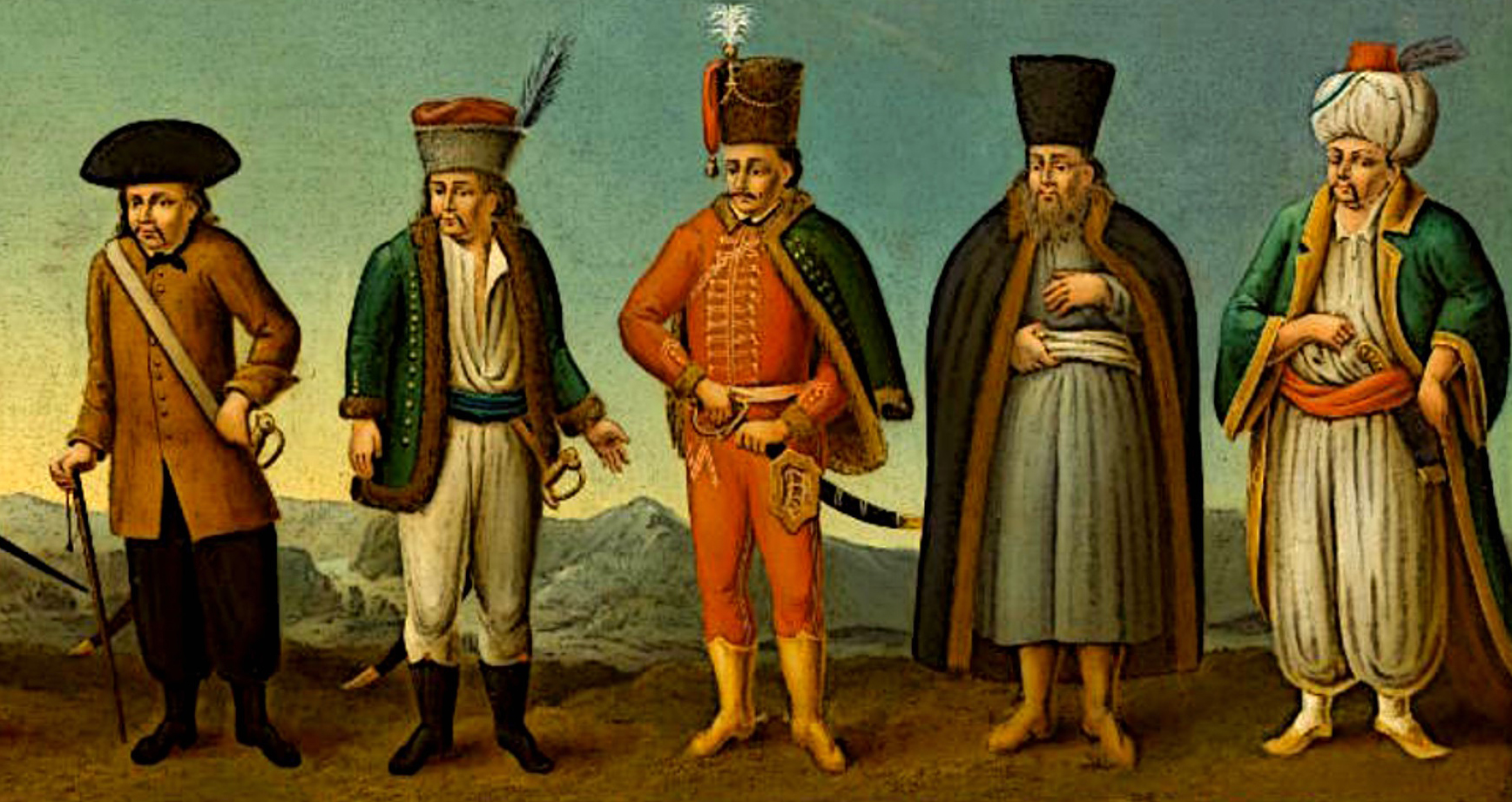
Stereotyping: What Is It and Can We Neutralize Its Effect?
Our social identities come from a lot of places: our race, sex, age, political affiliations, medical diagnoses, schools, and favorite sports teams. Each of those identities comes along with a set of expectations or stereotypes.
More Book Reviews
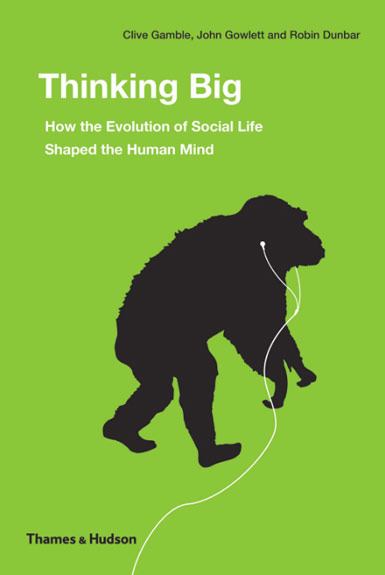
Thinking Big
The social brain that drives our behavior and contemporary culture is essentially the same brain that appeared with the earliest humans some 300,000 years ago.
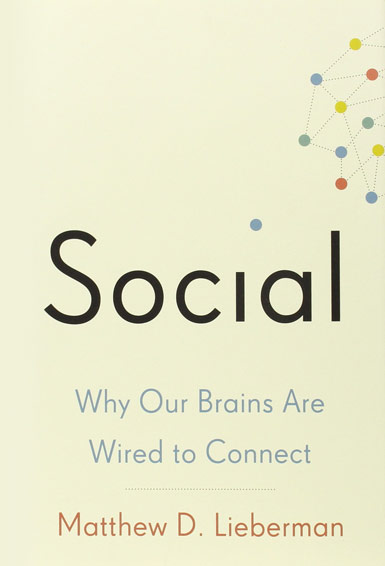
Social: Why Our Brains are Wired to Connect
Explore the groundbreaking research in social neuroscience revealing that our need to connect with other people is even more fundamental, more basic, than our need for food or shelter. Because of this, our brain uses its spare time to learn about the social world – other people and our relation to them.

The Weirdest People in the World
Literacy does strange things to you, and mass literacy does strange things en masse. Did you know that literate people have worse facial recognition abilities than those who are illiterate? Or that in learning to read and write your corpus callosum (the cable if you like connecting your right and left hemisphere) will have grown thicker?
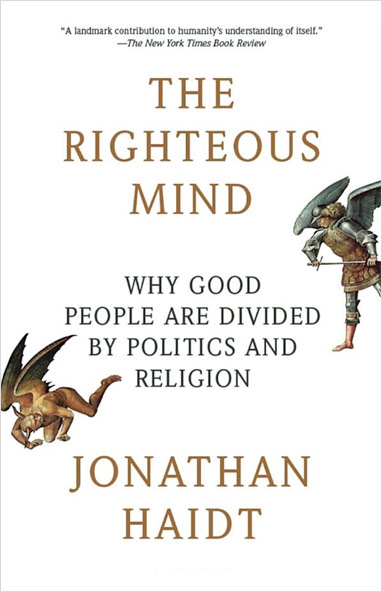
The Righteous Mind
We are without doubt living in an era of polarised thinking, marked by much bickering across social and political lines. But could positions of both side have roots in common moral foundations?
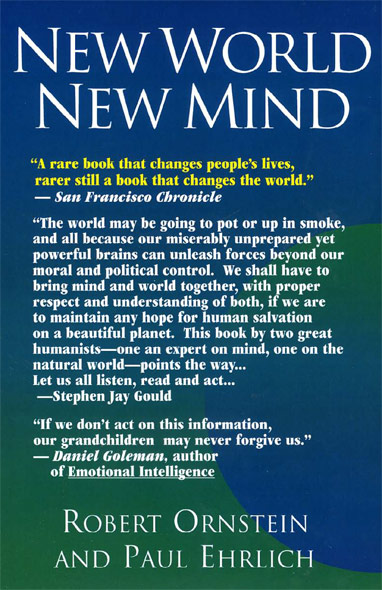
New World New Mind
Over millions of years, our minds evolved with quick reflexes to deal with sudden threats, which makes long-term threats like pollution and overpopulation invisible to us. Our survival now requires that we consciously evolve a new mind and new perceptions to adapt.
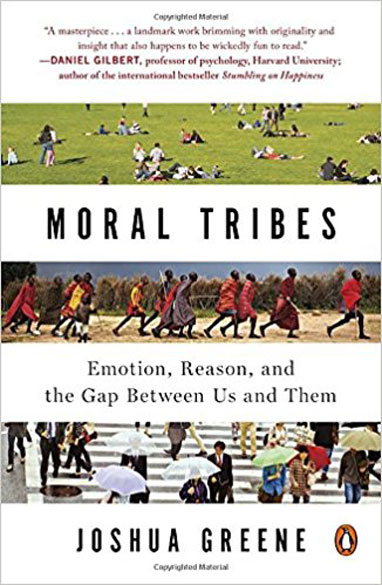
Moral Tribes
Our innate moral behavior evolved over millions of years to promote cooperation within our group. Each group has its own moral code, which provides a map for how individuals can live successfully within it. Our other innate tendency, to favor our group over all others, is something we need to understand and mitigate to address the existential challenges of our modern global society.
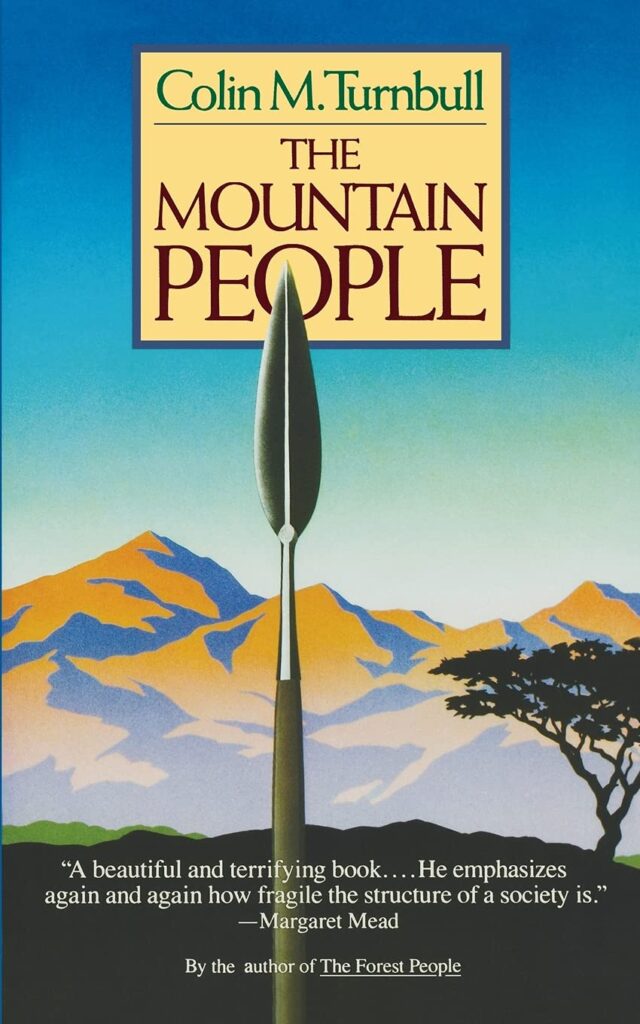
The Mountain People
The story of the IK tribe of northeastern Uganda is a classic study of how a society’s concept of fairness and justice can quickly devolve when its people are cut off from their accustomed means of livelihood and forced to compete for their very survival.
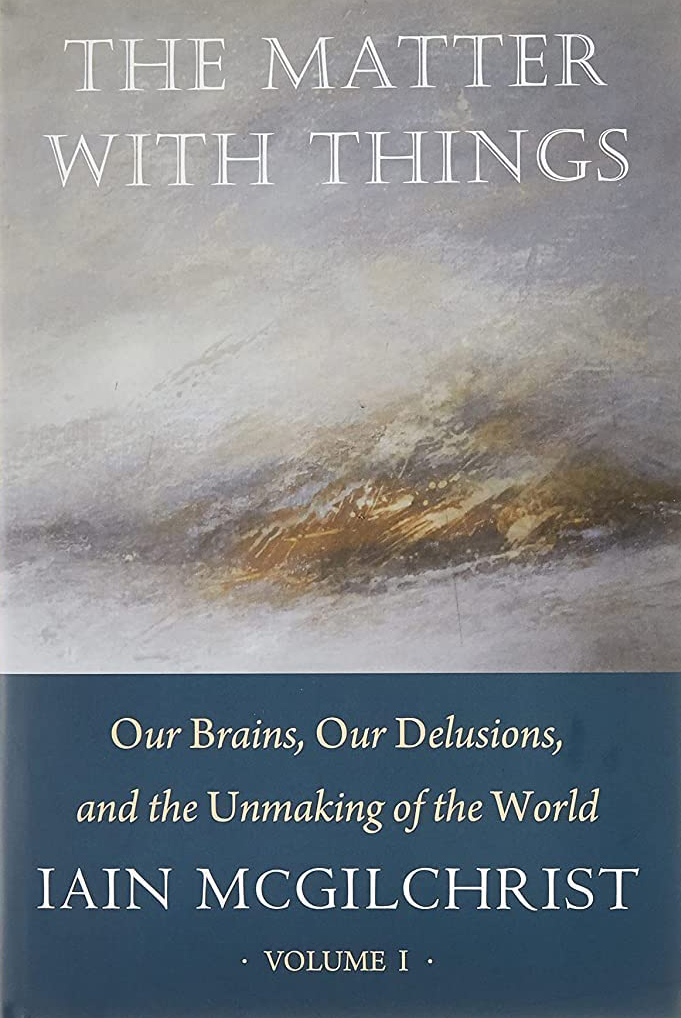
The Matter with Things
In his masterly two-volume exploration of our brain hemispheres, Iain McGilchrist argues that in order to understand ourselves, the world and the universe, we need a combination of the right and left hemispheres working in tandem, but with the right brain leading the way.
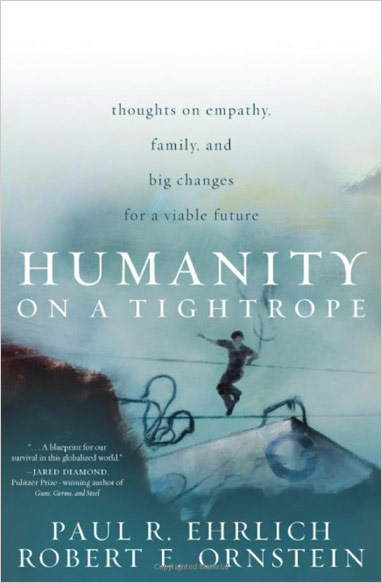
Humanity on a Tightrope
Psychologist Robert Ornstein and biologist Paul Ehrlich join forces to explain why the human race has reached its current perilous precipice. To sidestep the fate they say is now barreling towards us will require us to address our “empathy shortfall.”

Beyond Culture:
Edward T. Hall, after spending his early adulthood working and travelling among non-Anglophones, both in the United States and in other parts of the world, became cognizant and fascinated in the deeper layers of culture that he claimed lie buried beneath those more obvious forms.
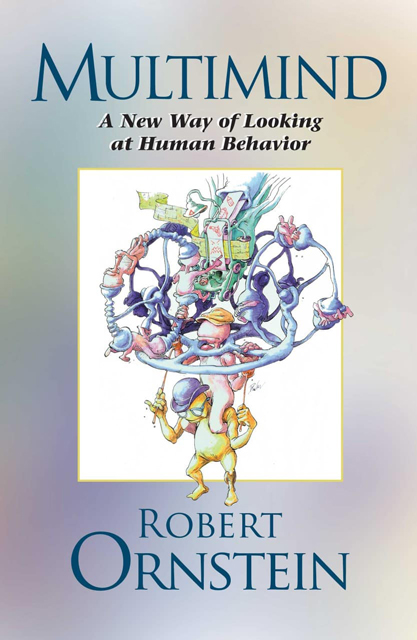
Multimind: A New Way of Looking at Human Behavior
Robert E. Ornstein
This provocative book challenges the most-popularly held conceptions of who we are. In it, psychologist and renowned brain expert Robert Ornstein (1942 – 2018) shows that, contrary to popular and deep-rooted belief, the human mind is not one unified entity but, rather, is multiple in nature and is designed to carry out various programs at the same time.

The Matter with Things
Iain McGilchrist
In his masterly two-volume exploration of our brain hemispheres, Iain McGilchrist argues that in order to understand ourselves, the world and the universe, we need a combination of the right and left hemispheres working in tandem, but with the right brain leading the way.

Beyond Culture:
Edward T. Hall and Our Hidden Culture
Report by John Zada
Edward T. Hall, after spending his early adulthood working and travelling among non-Anglophones, both in the United States and in other parts of the world, became cognizant and fascinated in the deeper layers of culture that he claimed lie buried beneath those more obvious forms.
In the series: Our Mind in the Modern World
- An Ancient Brain in a Modern World
- Our Unconscious Minds
- Maintaining a Stable World
- The Multiple Nature of Our Mind
- Morality’s Long Evolution
- Unconscious Associations
- The Brain’s Latent Capacities
- God 4.0
- Multimind: A New Way of Looking at Human Behavior
- Thinking Big
- Social
- The WEIRDest People in the World
- The Righteous Mind
- New World New Mind
- Moral Tribes
- The Mountain People
- The Matter with Things
- Humanity on a Tightrope
- Fluke by Brian Klaas
- Beyond Culture
- Think Again
